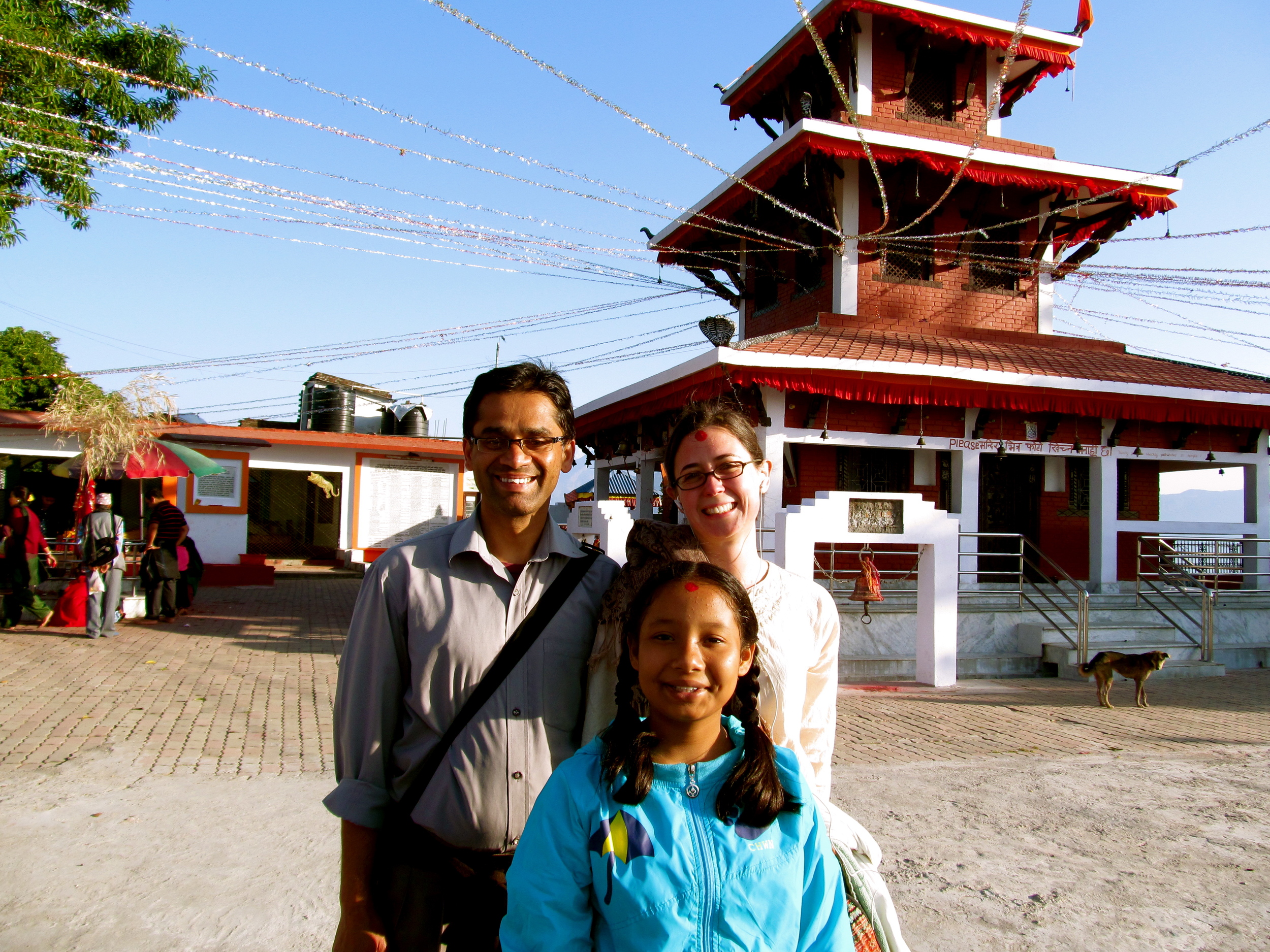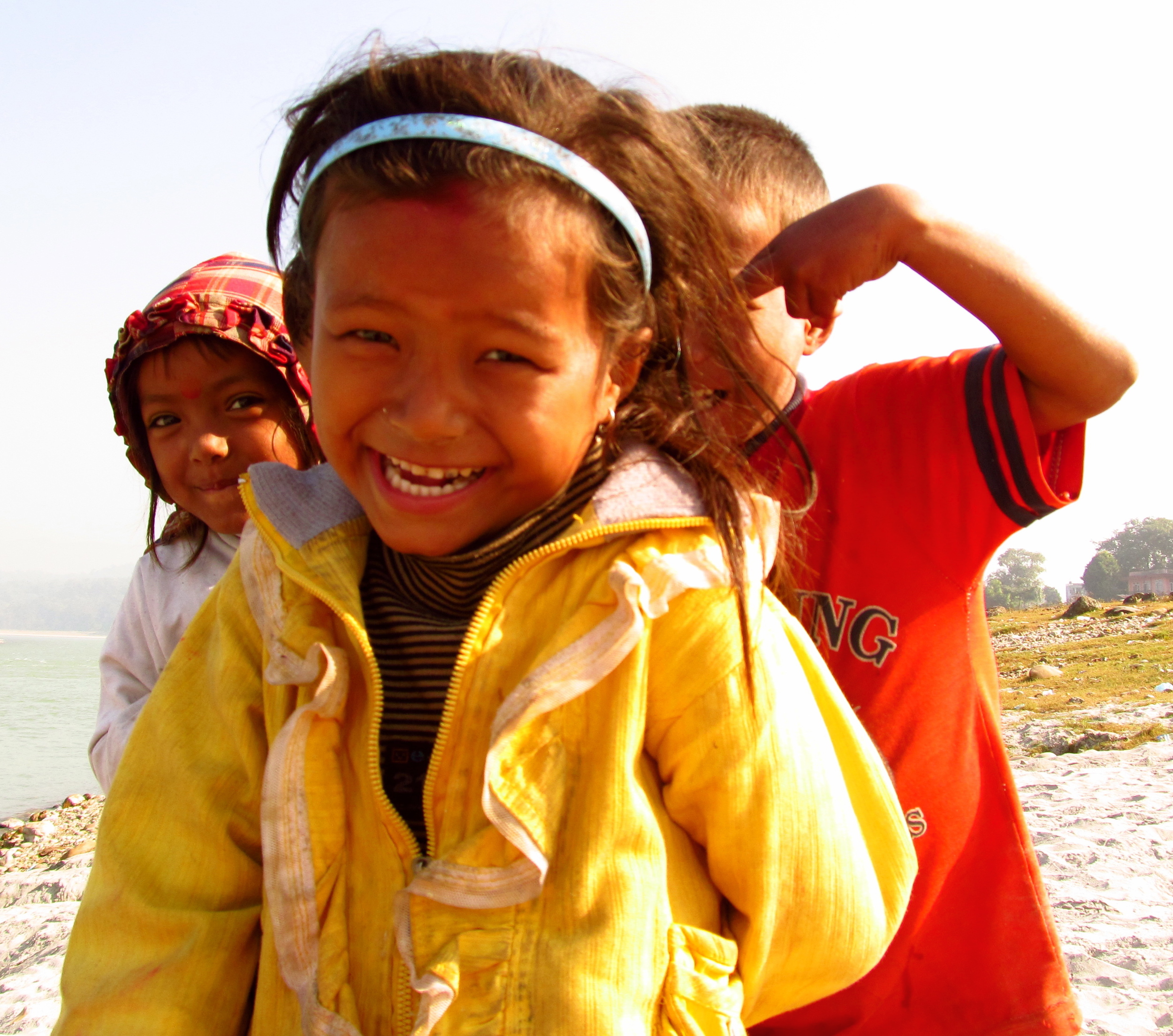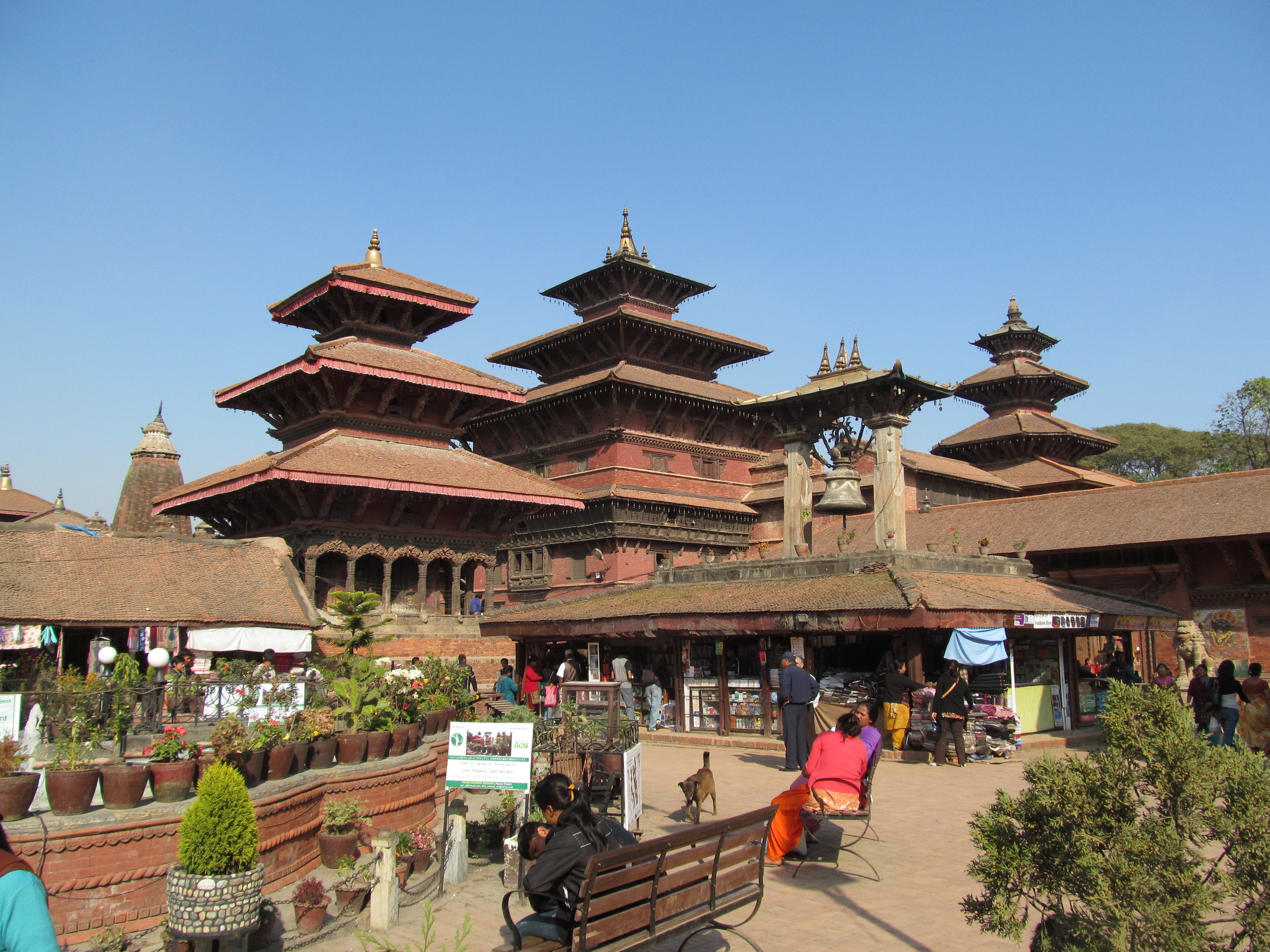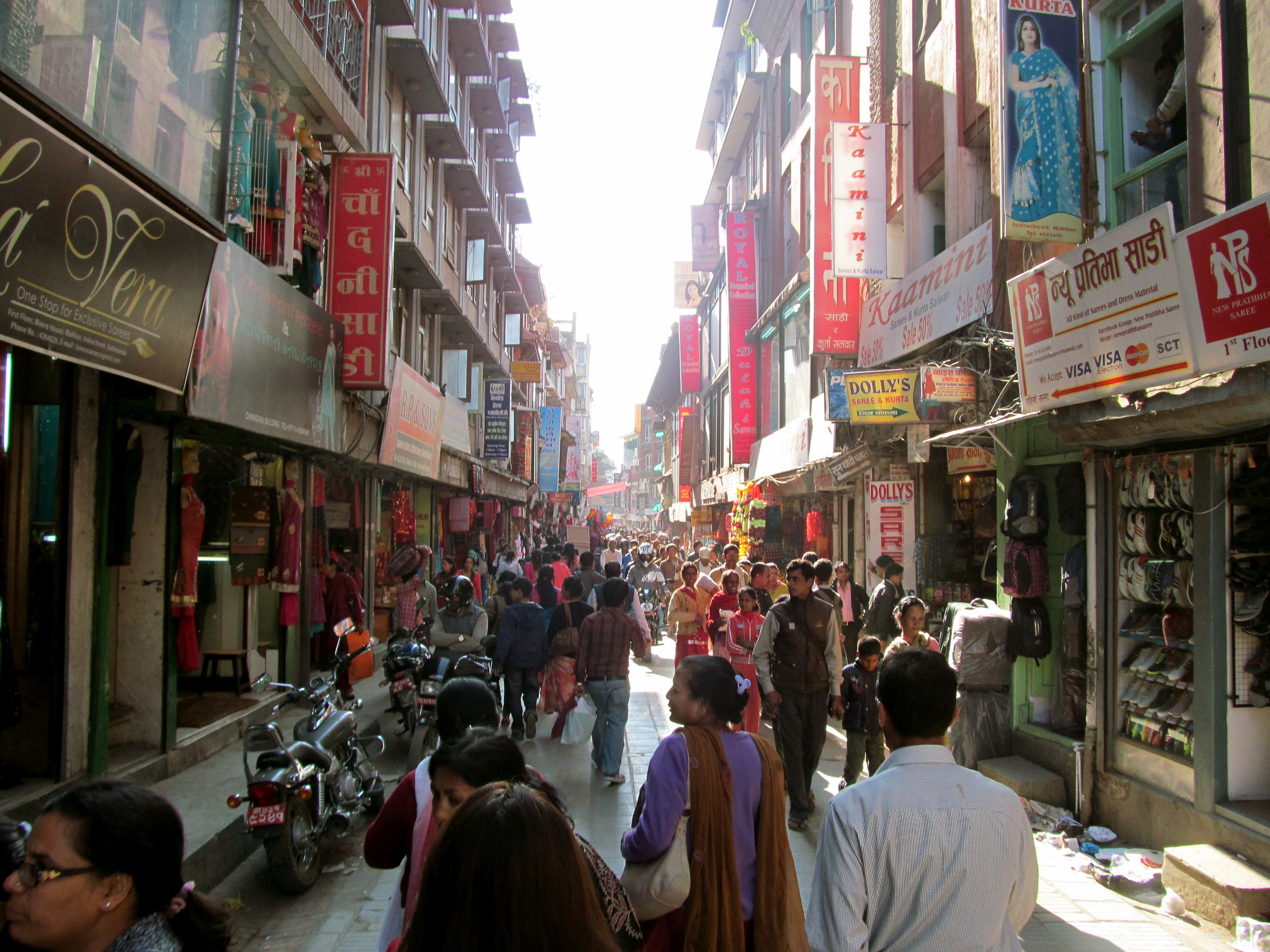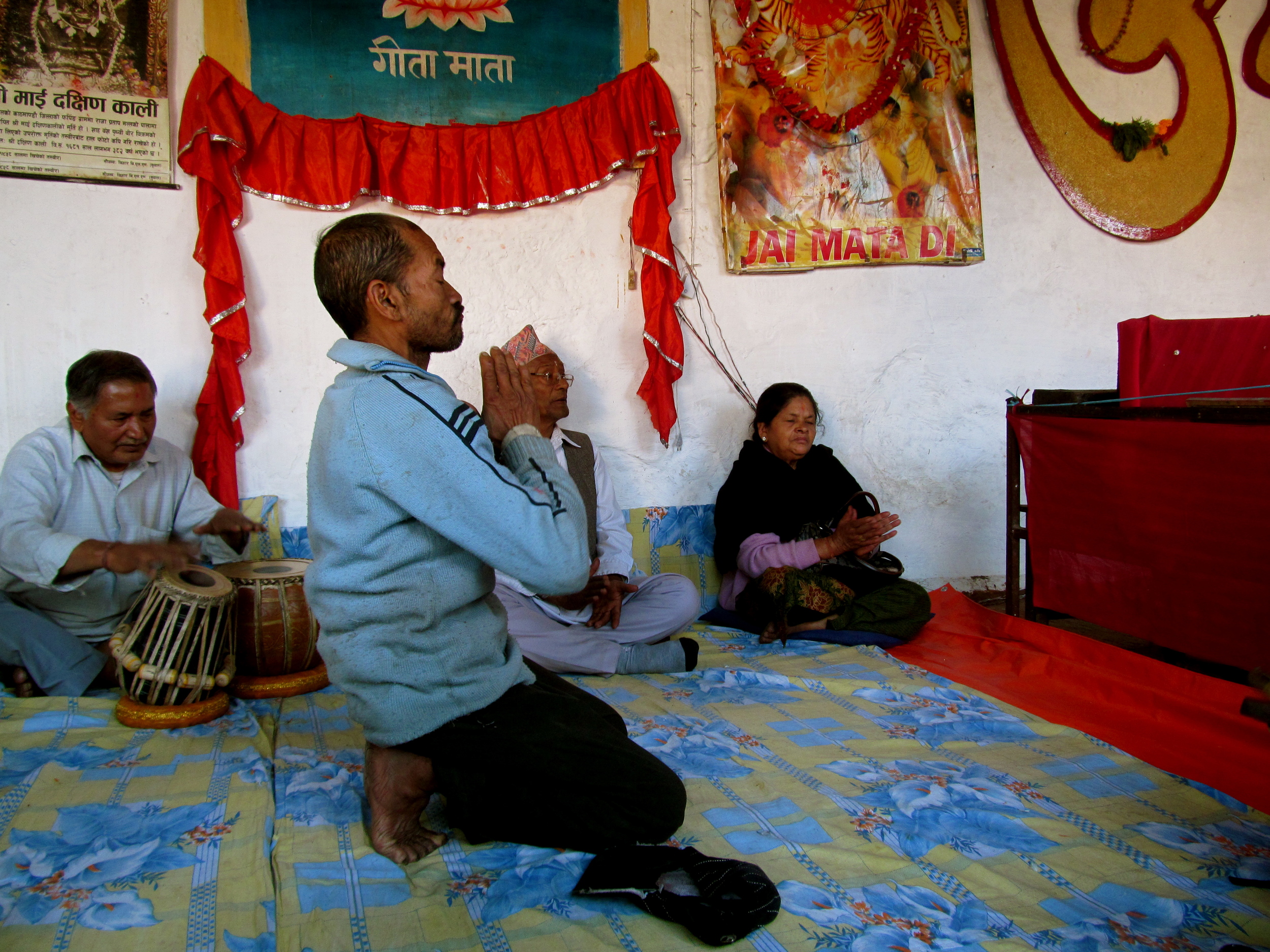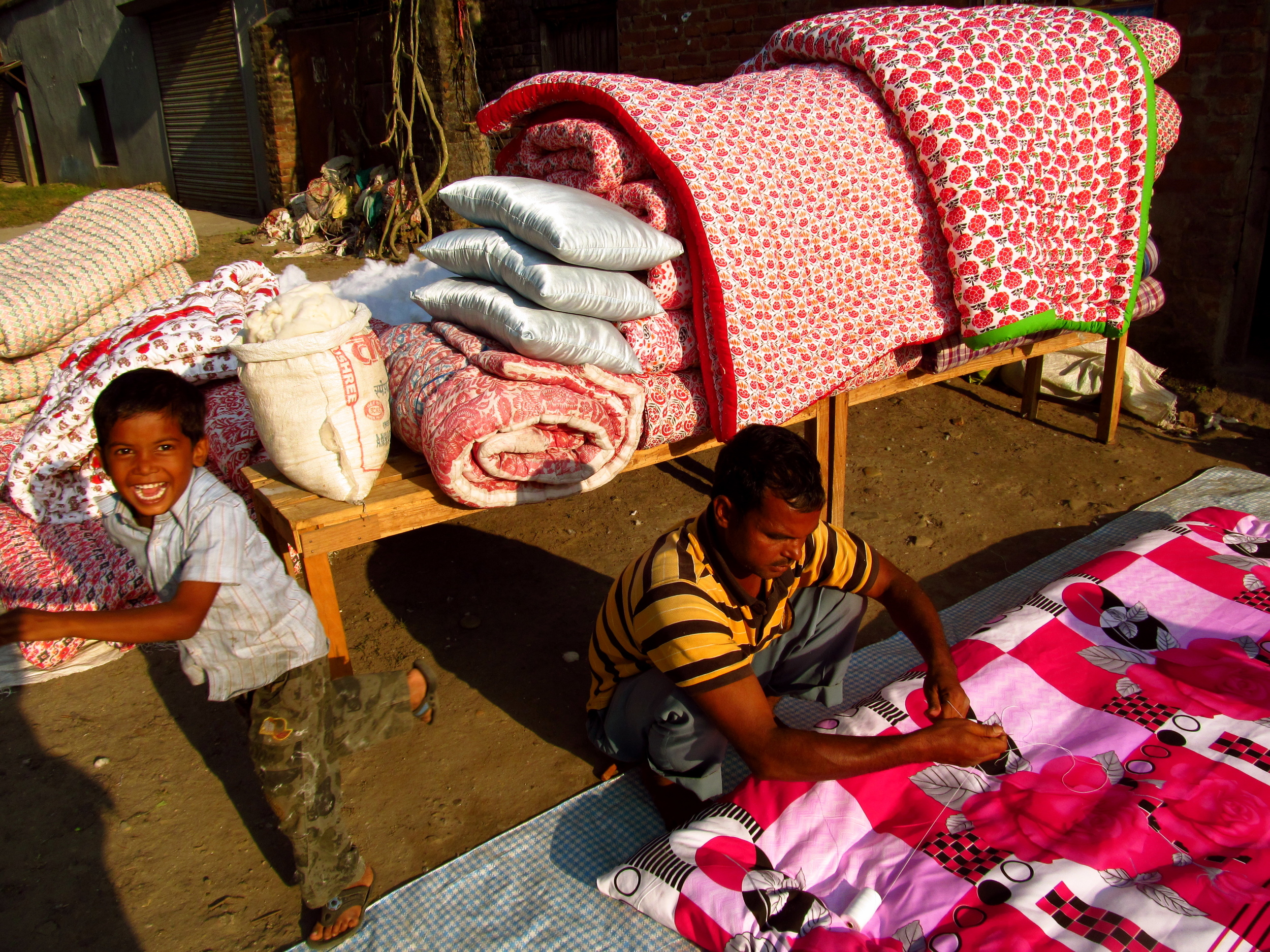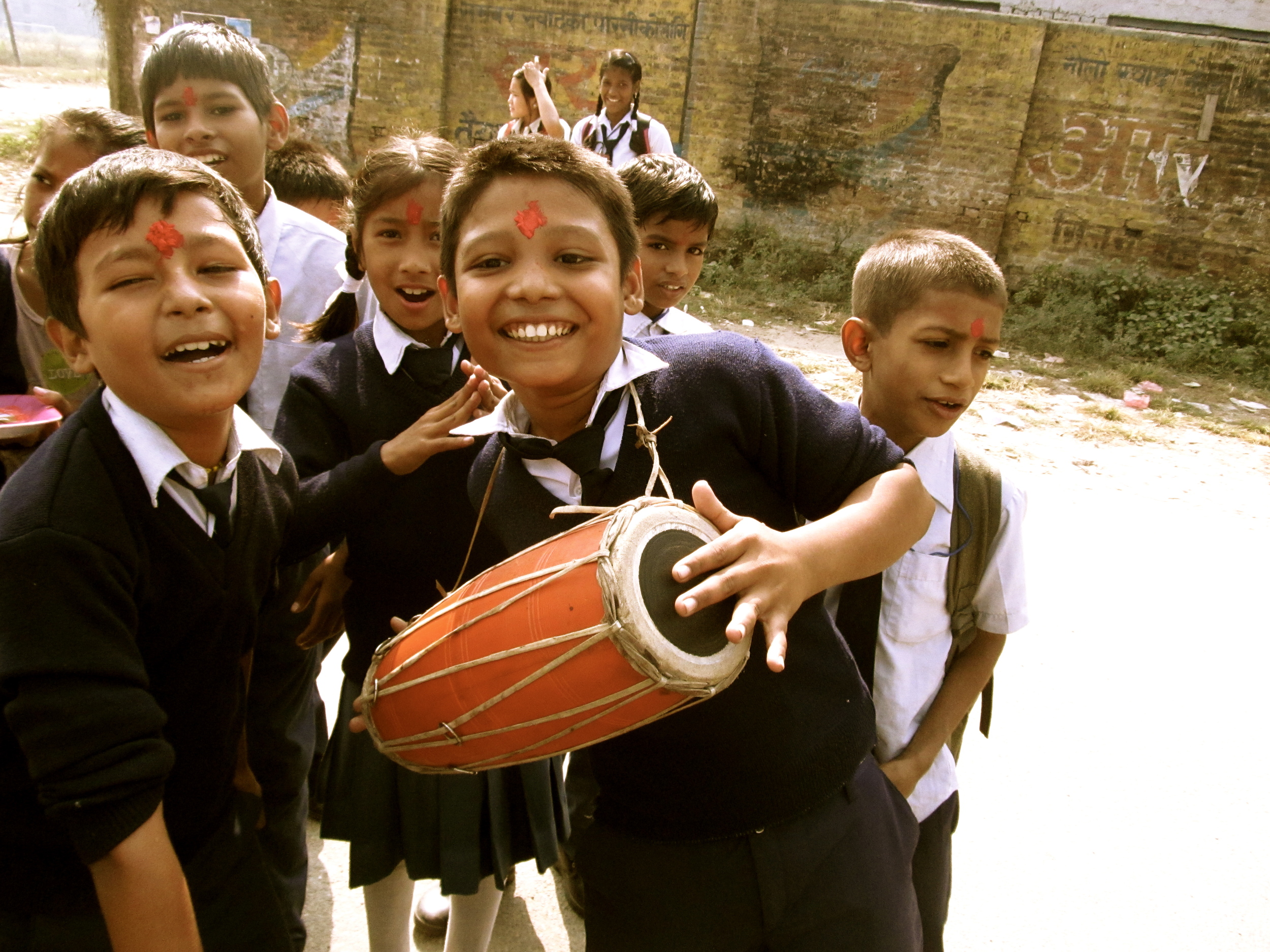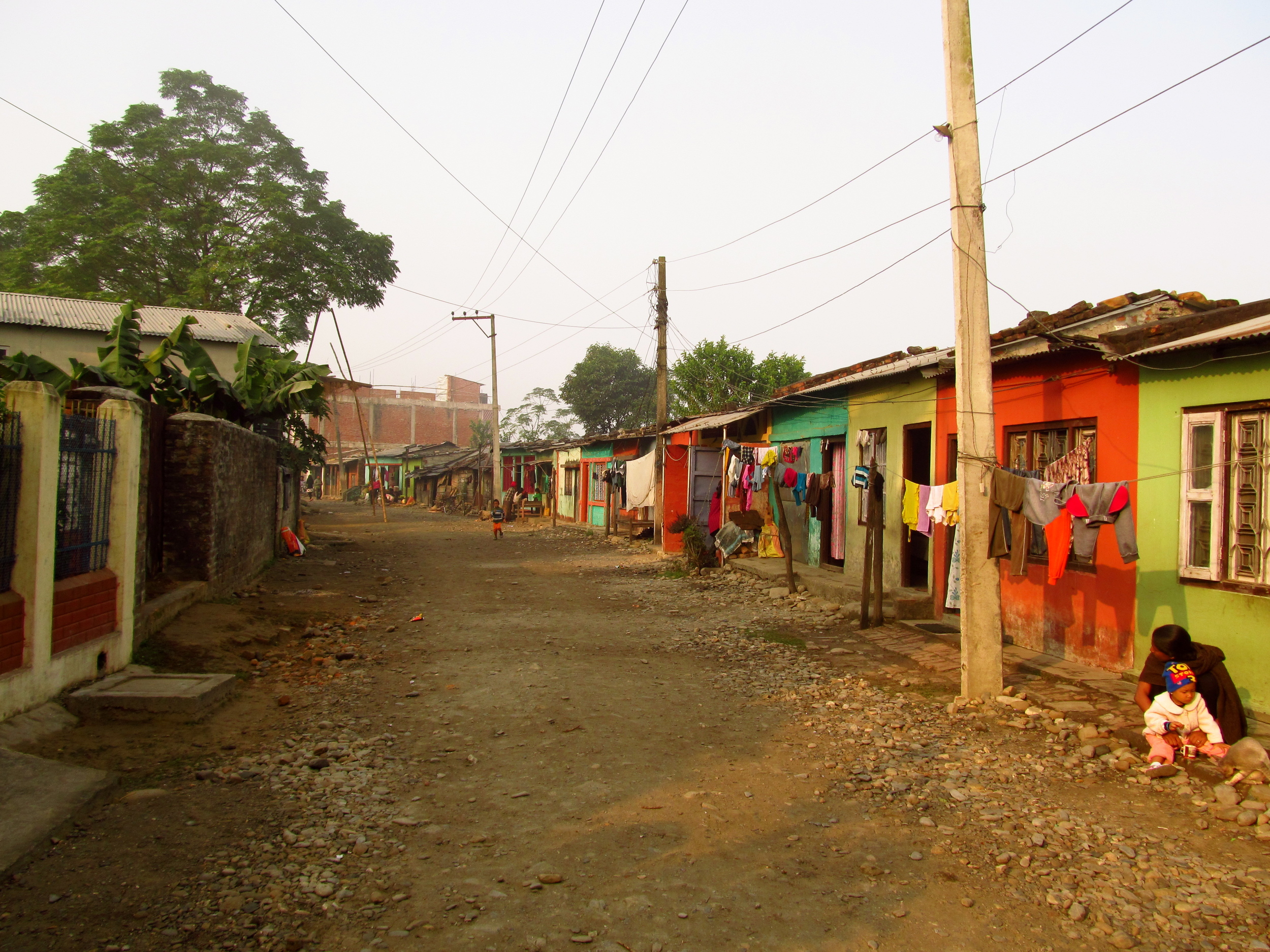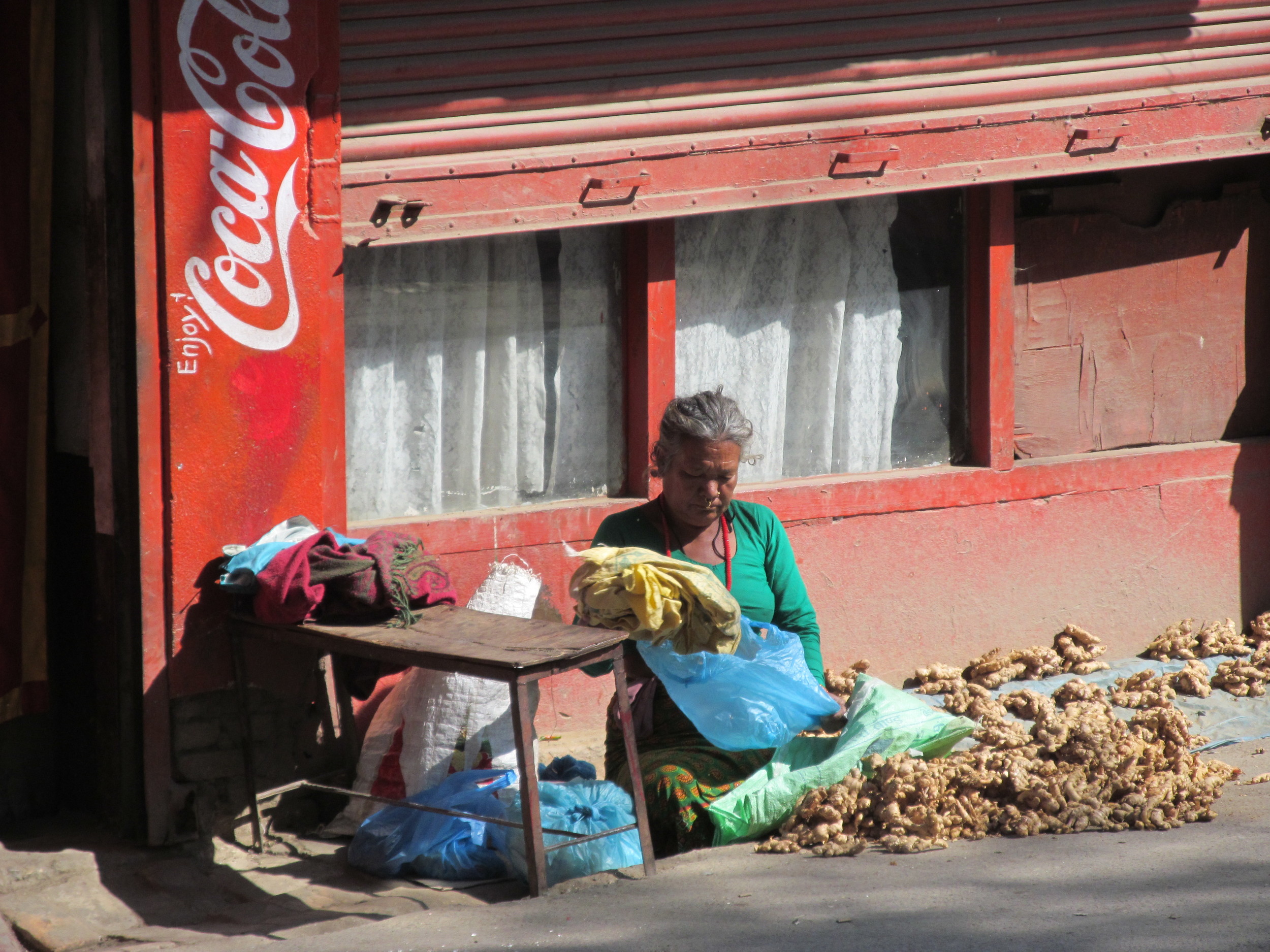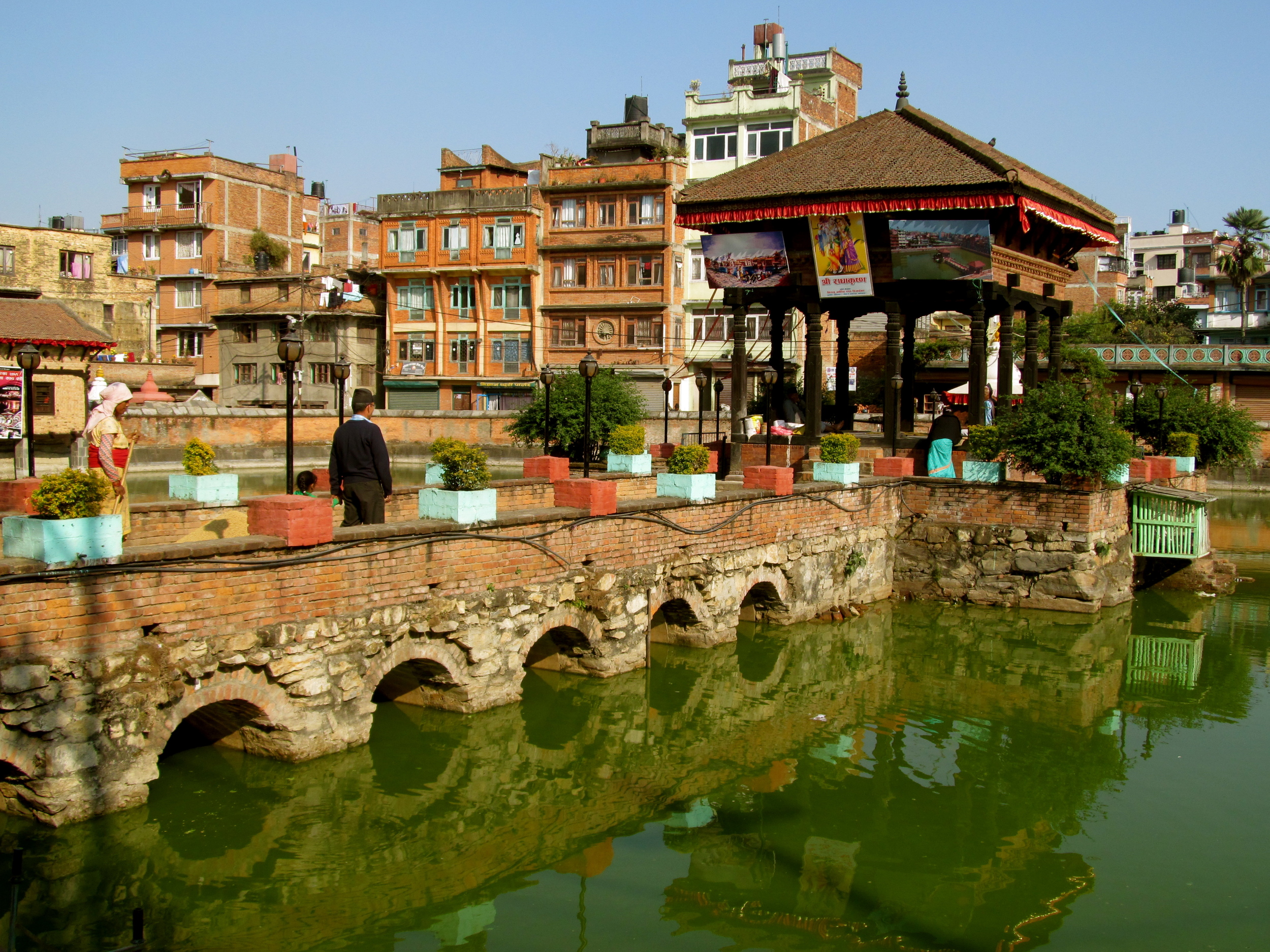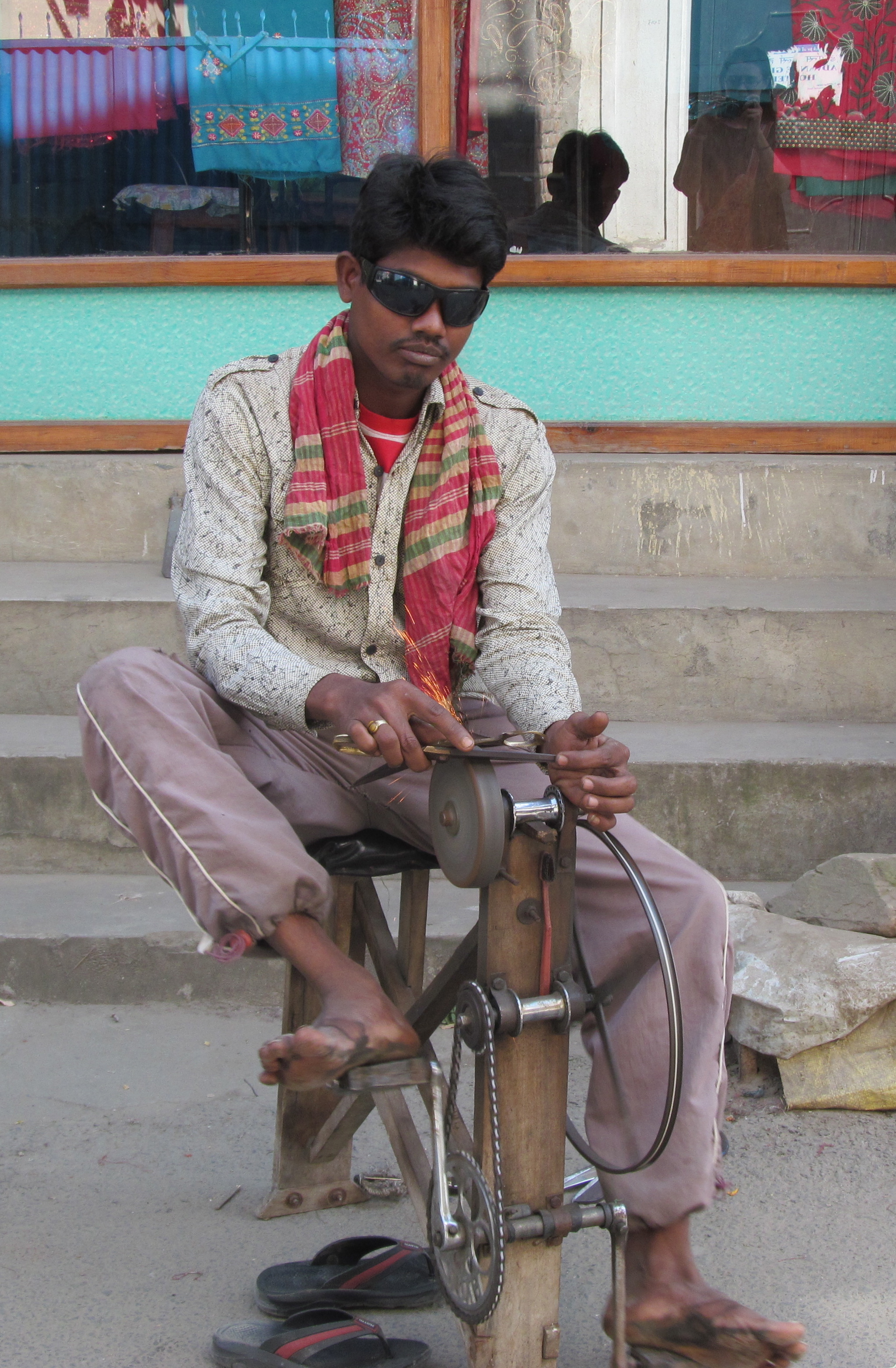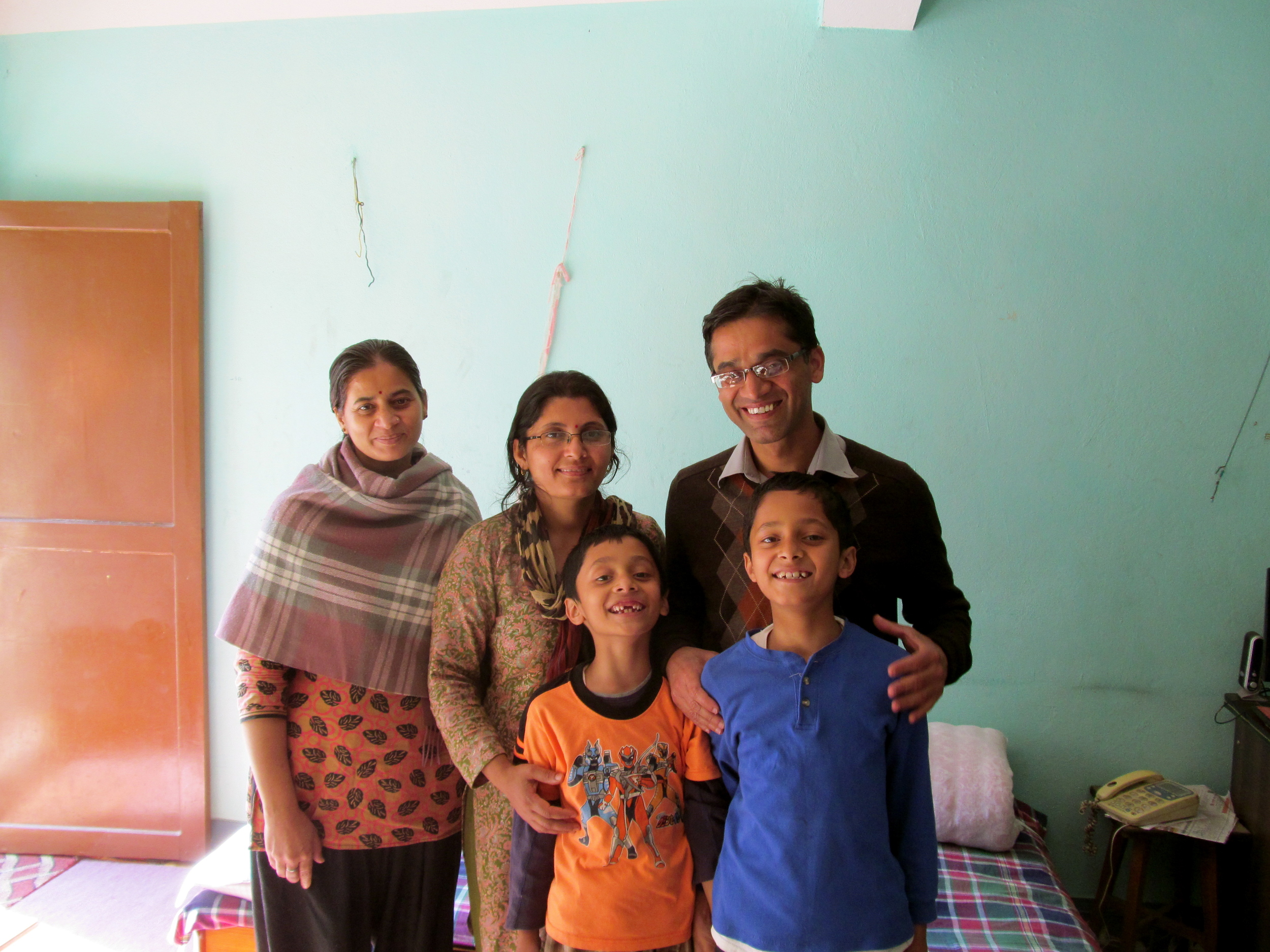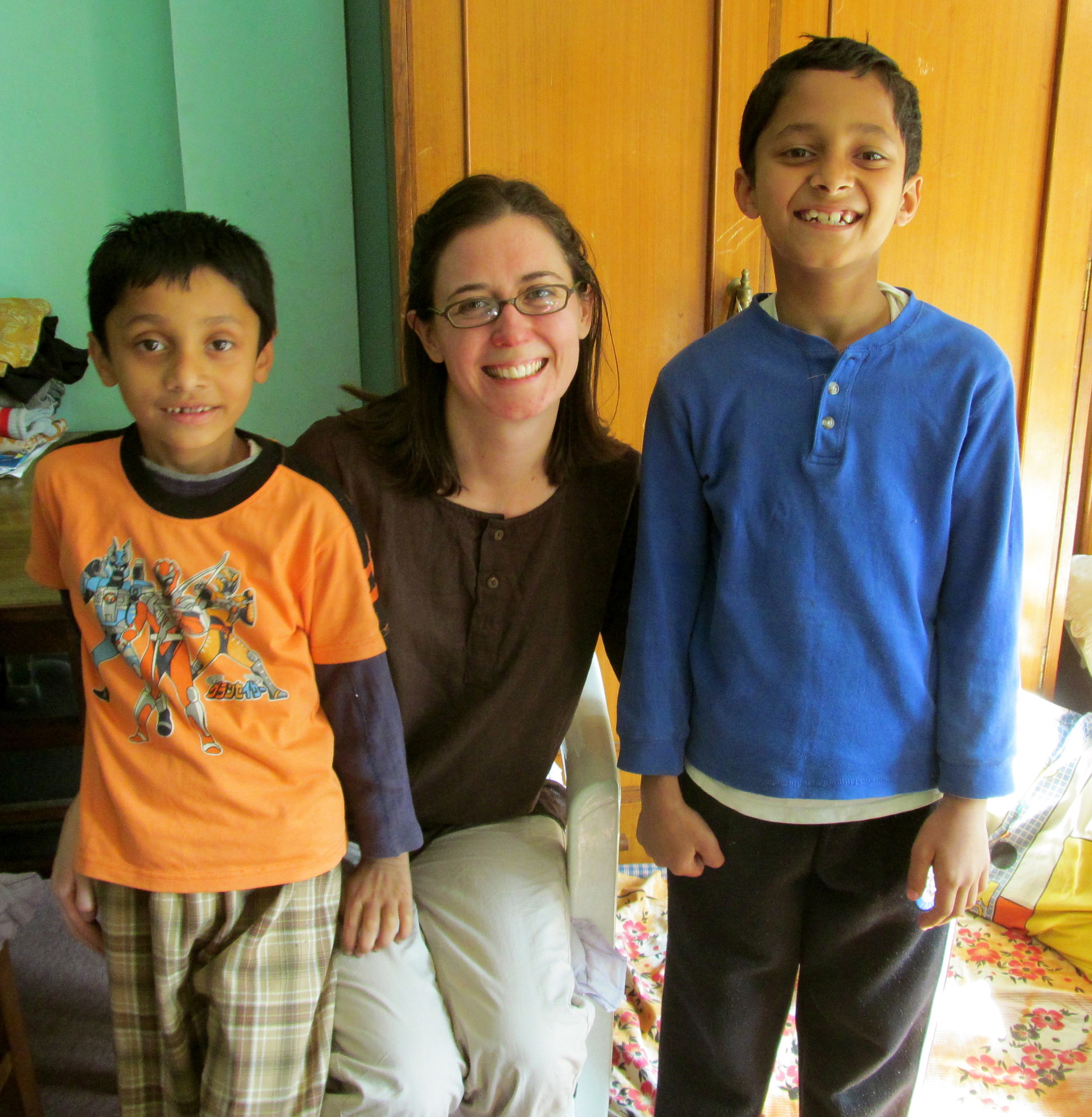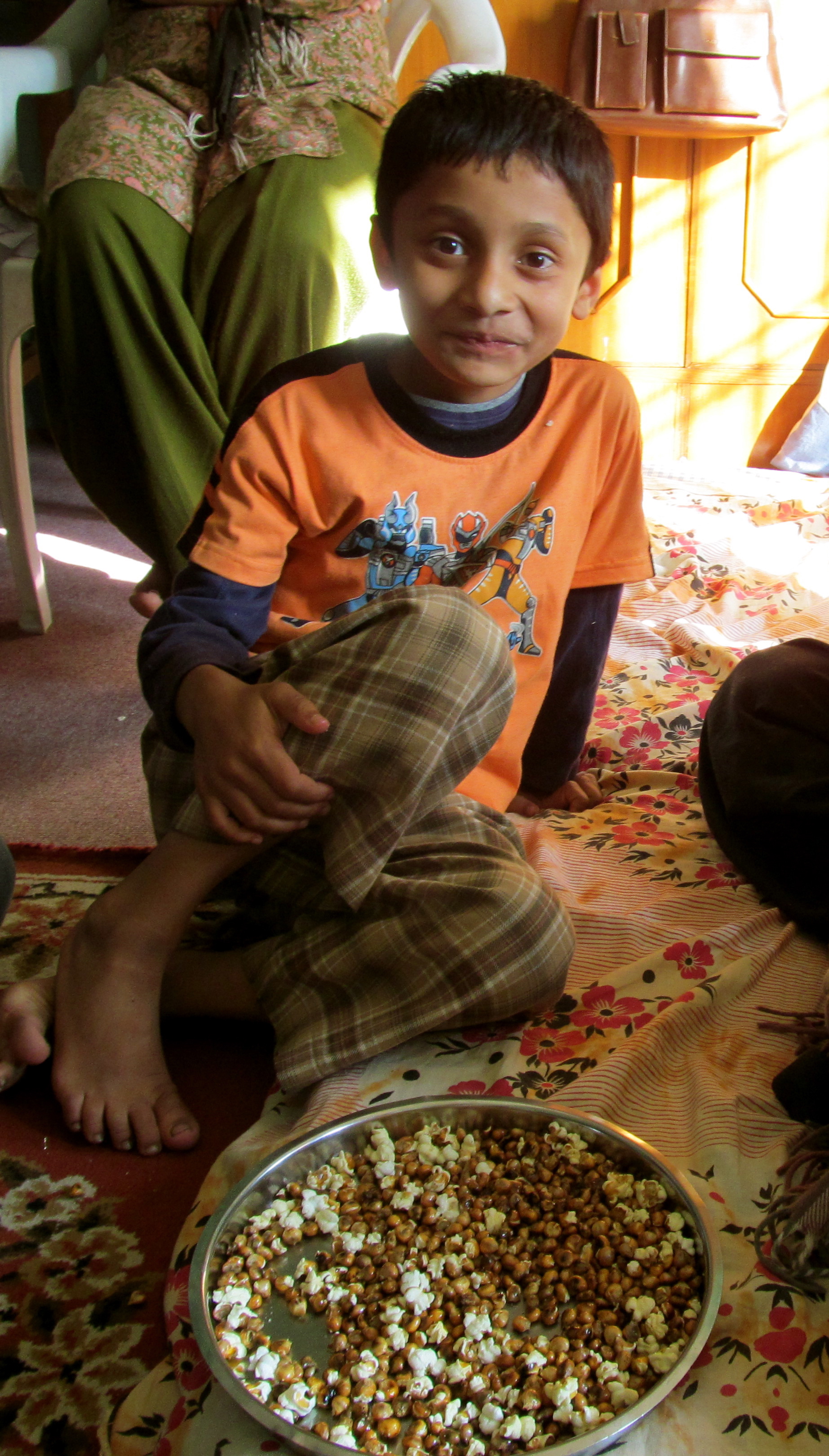Since the earthquake in Nepal on April 25 I have been worried sick about my friends there. I was in Nepal in 2012 working on a documentary about inter-caste marriage. Though I was only in the country for a month I developed a few good friendships. There was one family that found out I was traveling alone and adopted me for two weeks, insisting I take all my meals with them. My translator and guide, Devendra Nupane, was a thoughtful and indisposable helper throughout the month. He and his family also treated me like a welcomed family member, and taught me how to cook the traditional Nepali meal dhal bhat. There were so many other connections with people I met each day, people that live simple lives and show everyone kindness despite daily hardships.
As I followed the disaster in the news and Facebook posts, learning about the 7,500+ deaths, the 3 million in desperate need of food and water, the destruction of 300,000 homes, I found it all so overwhelming. What could I do?
I found two things helped to relieve my anxiety.
First, I took action. I have been busy organizing a weeklong fundraiser, Eat for Nepal. 17 Midcoast Maine area restaurants are ready to donate 10% of their sales on different nights of the week of May 17-23 to help Nepal earthquake relief and rebuilding efforts. I'll also be giving a slideshow talk of photos from before and after the earthquake at the Camden library to kick-off the week's fundraising. Like us on facebook for more information.
Second, I started going through my photos and journal from that trip. I reminisced about the many cups of Nepali milk tea I shared with friends, the afternoons spent talking by the Narayani River in the Chitwan Valley, the jarring but musical horns on the large trucks barreling through town. By reading my journal, sharing photos with friends here in Maine, telling them about my experiences there, I felt calmer. I could feel my anxiety fade as I dove into my memories of this beautiful and complex place and the people I had grown to love there.
I was experiencing the power of life review. This is what those studies are talking about. Delving into your personal history has stress-reducing capabilities. Telling your story is like medicine for your heart and mind.
I would like to share an excerpt from my Nepal journal. I hope it will give you an insight into the kind of people you might meet in Nepal.
November 6, 2012
There are so many noises and colors competing for my attention here in Kathmandu. Toots and horn sounds fill the air. So many cars and people and mopeds and bicycles squeeze into such a narrow road. There are no lights, or signs, or lanes on most roads. It seems like a free-for-all.
What absolutely crushes my heart are the crippled children you see living on the streets, sometimes crawling on their elbows and stumps. An American trekker I met at breakfast told me that many of them are dalits who were taken from the countryside during the Maoist Revolution. Their families were duped into paying to send their children away to live a better life. Then pimps maim the children, amputating parts of their bodies so they will create more pity from passerby’s, and thus earn more money. It makes me sick. I will get some granola bars to give out to these people. Why is no one helping these children? What will happen to them?
This afternoon Devendra, my guide and translator, took me to meet his family. As we walked away from the crowded tourist district of Thamel on a path to a residential area I felt the craziness of Kathmandu melt away. Soon I would enter the safety of a family home. I practiced the one phrase of Nepali Devendra taught me, muttering the words aloud as I walked, desperately trying to remember them. I must have been an odd sight, this strange white lady muttering Nepali over and over. On our walk we saw gardens in the city, and mothers bathing their toddlers right on the ground in front of their homes.
We passed a man sharpening scissors on the metal wheel of a stationary bike. It was fascinating. Sparks flew up towards his chest. I asked (Devendra translated) if I could take his photo. He seemed happy to pose for my camera. I wondered if he was a dalit, but he didn’t know the term. He said he is a Muslim from India. His name is Mohammed. I asked if he ever caught fire from the sparks. Isn’t he worried? He said he’s not worried. He has a scarf he uses to protect himself. His shirt has caught fire, but he puts it out. I asked how he learned this trade, from his parents perhaps? No, by watching others. Do you earn enough income by doing this work? Yes. Do you like your work? Yes.
Then we made our way to Devendra’s home. We walked up the stairs to an apartment, and removed our shoes in the hallway. We walked into a modest room where Devendra’s wife Sunita, his sister who was visiting for a few days, and two sons Samvid and Suparna waited to greet us. We exchanged Namastes (hello). Then I stammered out, “Taipai Lai benta pauda khusi lagyo” (It is nice to meet you) – only I stumbled on benta pauda. I had to hold my hand to my forehead to remember the words. They all roared with laughter and launched into rapid-fire Nepali. Devendra had to interrupt to explain that I am still learning and only know a little Nepali, but that it would be a good opportunity for the boys to practice their English.
Samvid was not shy at all and spoke to me in English quite well. Suparna, though, kept playing shy. Devendra asked him, “What to you want to say to Meghan?” He whispered in his father’s ear. Devendra spoke for him: “You are very nice.” Samvid brought out the atlas and I showed them where I live in Maine, and he pointed out where he lives in Nepal. Suparna started to warm up more and joined his brother as they showed me their stuffed animals and photos of a recent trip to their grandparents’ village during the Dashain festival. I told Suparna his name sounds like "superman," a famous comic book superhero character in America.
Outside on their porch we leaned on the railing and looked out. There were many garden plots and a large wall on the back with very large trees on the other side. Devendra said that was the Royal forest, but it is not open to the public. I asked if there were any animals in it. Birds, yes. Oh, and monkeys too. I asked if the monkeys came up to the house? No, but they swing from the wires. Then Devendra joked that there are two of them in the home. Where? The boys asked. You two! The boys laughed and giggled. I asked them what the monkeys sound like. Samvid said they chatter, chit, chit. I asked would he like to hear what I think monkeys sound like? Yes. Then I let loose with my wild monkey impersonation. Oooooha Ahhh Ahhhh Ahhhh! They doubled over laughing, eyes sparkling.
I drank my tea and said Namaste, goodbye, to my new friends. At last my lonely spell has dissipated.

